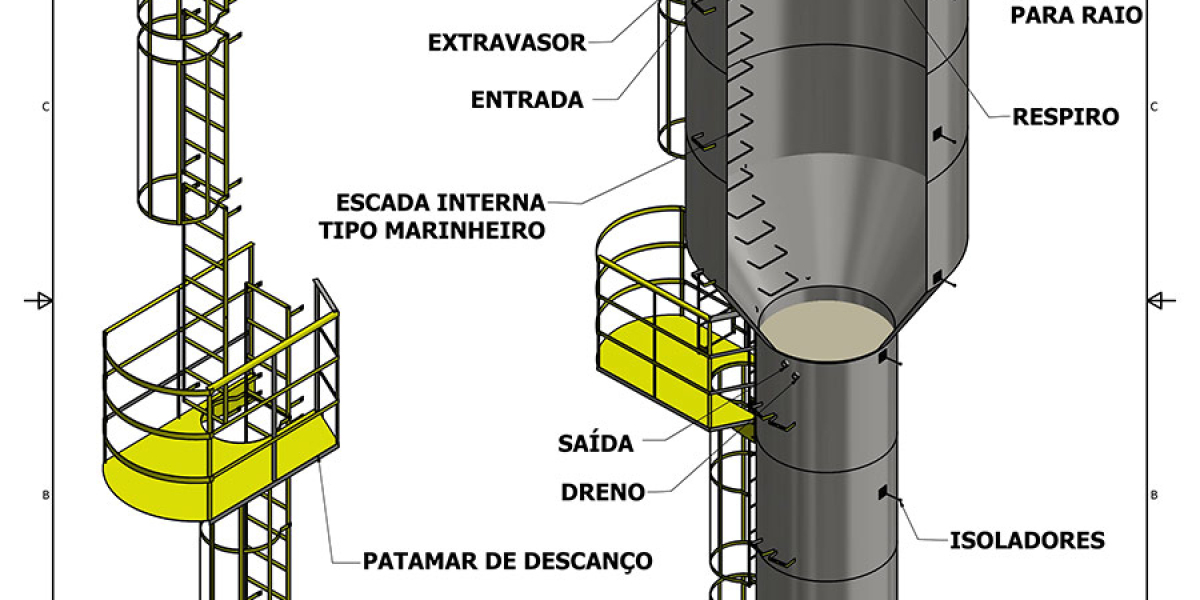In today's fast-paced business environment, data automation has emerged as a pivotal force driving efficiency and innovation. But what exactly does this mean for organizations worldwide? As companies strive to enhance productivity and reduce operational costs, understanding the implications of data automation becomes essential.
Understanding Data Automation
Data automation refers to the process of using technology to perform tasks that involve data management without human intervention. This can include data entry, processing, and analysis. By automating these processes, businesses can significantly reduce errors and free up valuable human resources for more strategic tasks. Have you ever wondered how much time your team spends on repetitive data tasks? With automation, this time can be redirected towards innovation and growth.
The Benefits of Data Automation
Implementing data automation offers numerous advantages:
- Increased Efficiency: Automation streamlines workflows, allowing for faster data processing.
- Cost Reduction: By minimizing manual labor, companies can save on operational costs.
- Improved Accuracy: Automated systems reduce the risk of human error, leading to more reliable data.
- Enhanced Decision-Making: With real-time data analysis, businesses can make informed decisions quickly.
Challenges in Implementing Data Automation
While the benefits are clear, organizations may face challenges when adopting data automation. These can include:
- Integration Issues: Ensuring that automated systems work seamlessly with existing technologies can be complex.
- Employee Resistance: Some team members may fear job displacement due to automation.
- Initial Costs: The upfront investment in automation technology can be significant.
However, overcoming these challenges is crucial for long-term success. Companies that embrace data automation often find that the initial hurdles are worth the transformative benefits.
The Future of Data Automation
As we look ahead, the role of data automation in business operations will only continue to grow. Emerging technologies such as artificial intelligence and machine learning are set to enhance automation capabilities further. This evolution raises an important question: How can businesses prepare for this shift? Organizations should focus on upskilling their workforce to work alongside automated systems, ensuring that employees are equipped to leverage these new tools effectively.
In conclusion, data automation is not just a trend; it is a fundamental shift in how businesses operate. By understanding its benefits and challenges, organizations can position themselves for success in an increasingly automated world. For those interested in exploring innovative solutions, consider checking out  that exemplify the power of automation in enhancing customer experience.
that exemplify the power of automation in enhancing customer experience.








